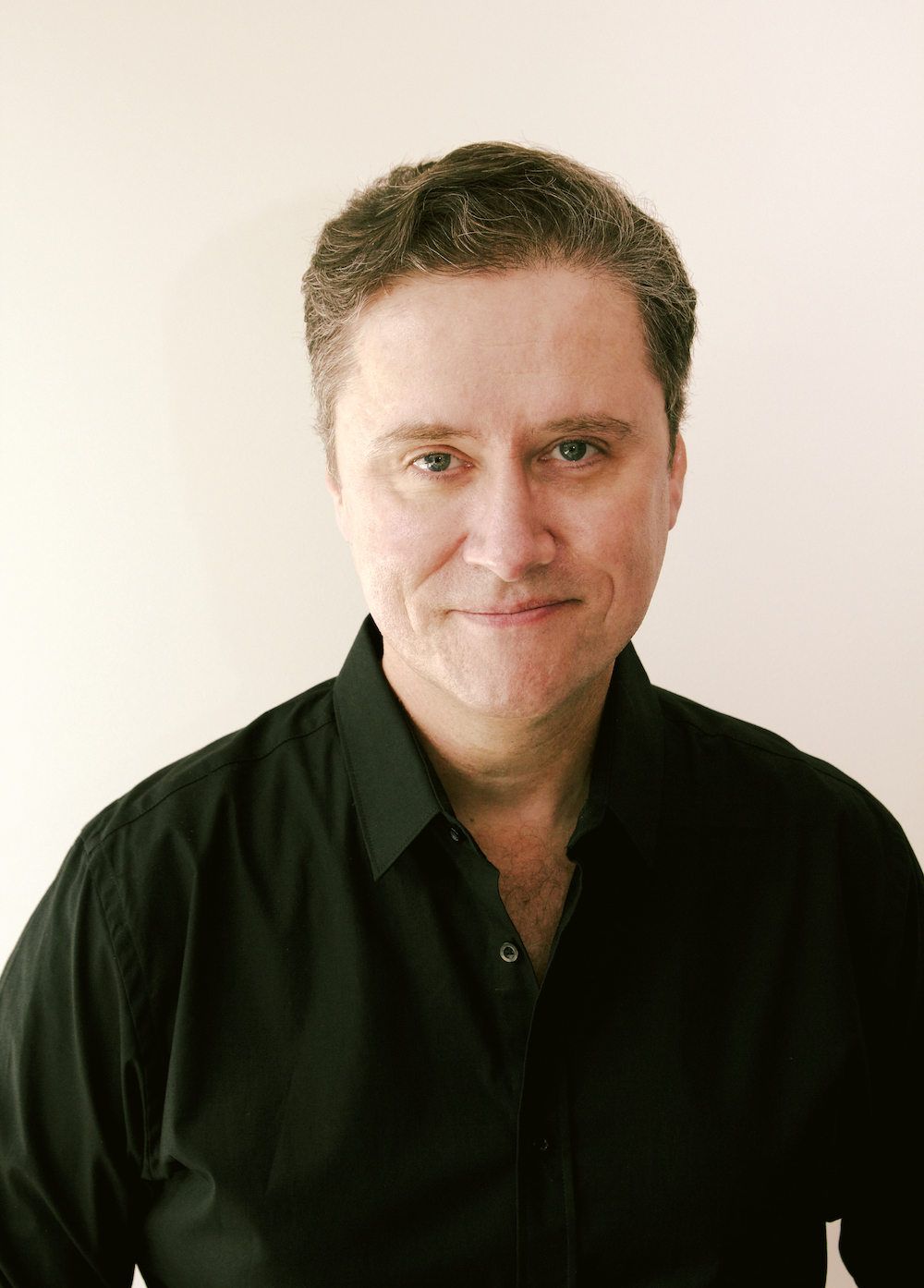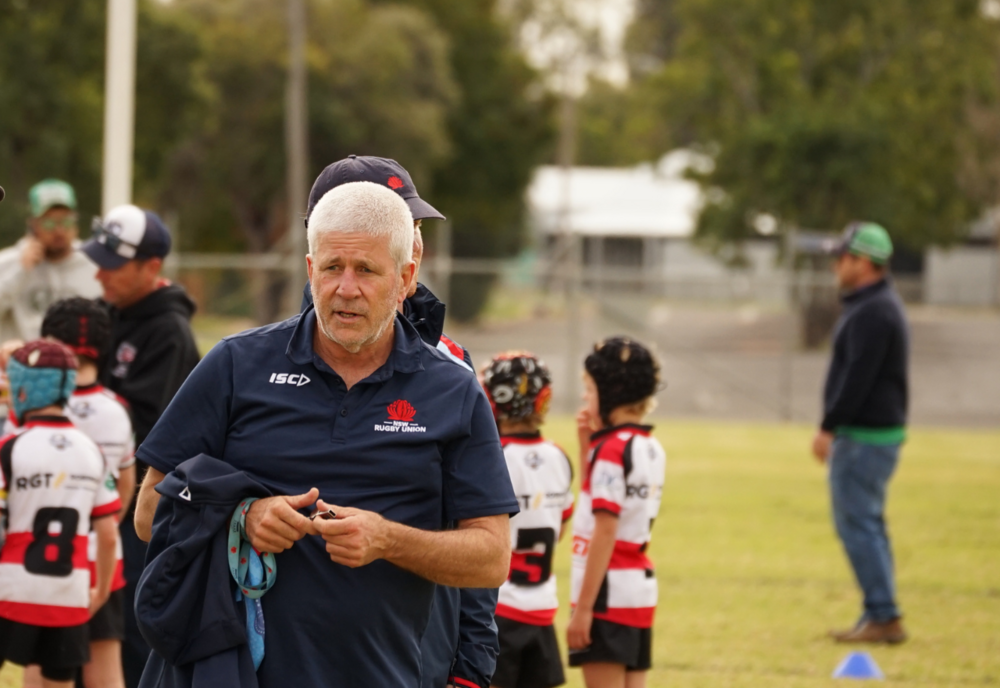Tooraweenah ex-pro boxing trainer chats to Conversations
River McCrossen
02 July 2024, 7:40 AM
 Mark Pitts' family history and his unusual path into the world of professional boxing caught the eye of the ABC's Conversations
Mark Pitts' family history and his unusual path into the world of professional boxing caught the eye of the ABC's Conversations Western plains resident Mark Pitts isn't the type you'd expect to see the in the boxing ring.
Although he now lives in Tooraweenah (a village in Gilgandra Shire) and works around western NSW, his origins were far more citified and sedate.
"I grew up in Pymble in Sydney’s North Shore, my parents listened to classical music," Mark said.
"You didn't go into the hardest, toughest, roughest business in the world.
"Most of my friends would be terrified even walking into a boxing gym."
It's a chapter of his life Mark spoke to radio presenter Richard Fidler about on Monday 1 July for the ABC's Conversations program, which reaches Australia-wide.
The interview was published online and aired on ABC Radio on Tuesday morning 2 July.
Mr Fidler told the Western Plains App Mark was the kind of person listeners love to hear.
"I've had Hollywood movie stars on my show and, with some very notable and glorious exceptions, a lot them are quite boring people," Mr Fidler said.
"There's really not much to report, there really isn't. But someone like Mark, who's had this incredibly rich life, listeners really prefer those kinds of stories.
"I think people do that because they feel they can measure their own lives against the guest much more easily."

ABC Conversations host Richard Fidler. PHOTO: Supplied
Mark didn't plan to become a boxing trainer.
In his youth, a passion for rugby took him to first grade for the Eastern Suburbs rugby union side before injury at 24-years-old cut short his dreams of playing for Australia.
His next stop was running surfing tours to a remote island in the Philippines.
"There was a lot of street kids," Mark said. "So I thought ‘what can I do for them?’"
"I met up with this boxing promoter in Manilla and he said 'I can sell you a boxing ring, bags, everything. I can send you a trainer down there if you want to rent him a cottage and pay him a wage.'
"That's what we did, and we had accommodation there for any of the street kids that didn't have anywhere to go that wanted to be boxers."
After his father remarried and the family business became "sticky," Mark decided to leave it behind. The only thing he had left was the Filipino boxers.

Mark now works as a Development Officer for NSW Rugby
He sponsored two of them to come to Australia in 1993. They didn't have a trainer when they arrived, so Mark stepped in.
He had little to no experience training boxers, but he'd picked up a thing or two from locals in the Philippine capital Manilla.
As it also turns out, his rugby background was a perfect fit for the role.
"It's working on efficiency," Mark said.
"Being a halfback in rugby and training to pass, pass, pass all the time off the ground, using your core, using your breath, using your eye, that transferred into boxing.
"When you punch, you don't want to show it's coming. A really, really good halfback doesn't even show their pass before it's gone."
His time as a trainer took him around the world including South Africa, England and the United States, training professional boxers for world title fights. There was high stakes, dirty play and spectators in the millions.
His career rise put him on a path with Cameroon-born Australian Sakio Bika, who he agreed to train in 2005.
The same year, Sakio fought the Super Middleweight world title shot against Markus Beyer in Germany.
"Sakio was on top in the fight and then he had a head bash. He cut the boxer under the eye.
"Their promoter, realising that Sakio was going to win and take the title from him, got up to the referee, put the doctor up, and they stopped it. It was called a draw," Mark said.
Sakio went on to fight Welshman Joe Calzaghe in 2006 in England for the World Boxing Organisation and International Boxing Federation super middleweight world titles.
"We didn't win, but Zalzaghe said it was the hardest that he'd ever had. It was 22,000 in the arena and probably around 100 million people watching TV around the world," Mark said.
The two split in 2008 and Mark, now aged 48, stepped back from the professional level, working with amateurs at a boxing club in the North Shore.
"I actually made more money doing that, other than the big years I had with Sakio," Mark said. "And it didn't have all the pressures and commitment of the toughest sport in the world."
Mark had pinged ABC's radar through his grandfather, the legendary airmen Arthur Butler, who in 1931 flew a record solo flight between England and Australia in around nine days, one hour and 40 minutes.
In the post-World War Two years, Arthur registered Butler Air Transport as a public company that made Tooraweenah a rural transport hub for western NSW and southern Queensland.
Mark joined the push to establish the Arthur Butler Aviation Museum to preserve his grandfather's legacy.
"On the back of that, they researched a bit about me," Mark said. "And they said 'how did a person from your background get involved in boxing?,'" Mark said.
When asked what stood out him about Mark's story, Mr Fidler said it shone the national light on nationally significant, yet "forgotten" stories from the bush.
"I once did a story from western Queensland when I went out to Winton to do a conversation with a series of people about the origins of Waltzing Matilda," Mr Fidler said.
"And when I was there, I realised 'holy crap, I'm in western Queensland. This is a part of the world where Qantus, the first labor party in world and Waltzing Matilda was invented. So there are all these historic stories in regional Australia that I don't think the rest of the country is aware of.
"That was one of the most delightful things about Mark's story, when he related the story of his grandfather."
After leaving professional boxing, Mark eventually moved to Tooraweenah, where he bought back the family home after around 60 years out of their hands.

Mark Pitt's grandfather, Arthur Butler, established one of the earliest domestic air passenger services from his base in Tooraweenah. IMAGE: Butler Air Transport Museum
Mark worked on farms and fencing for a while before a chance run-in with an old friend in Coonabarabran led to him returning to a long-time passion.
"He said 'you better come and work for NSW Rugby,’” Mark said.
Mark started as a casual in June 2017 and is still there now as a Development Officer, building junior rugby union throughout the Western Plains.
"I was dyslexic as a child, I had trouble at school, and rugby gave me everything."
"My self-esteem, my joy and happiness came from rugby."



